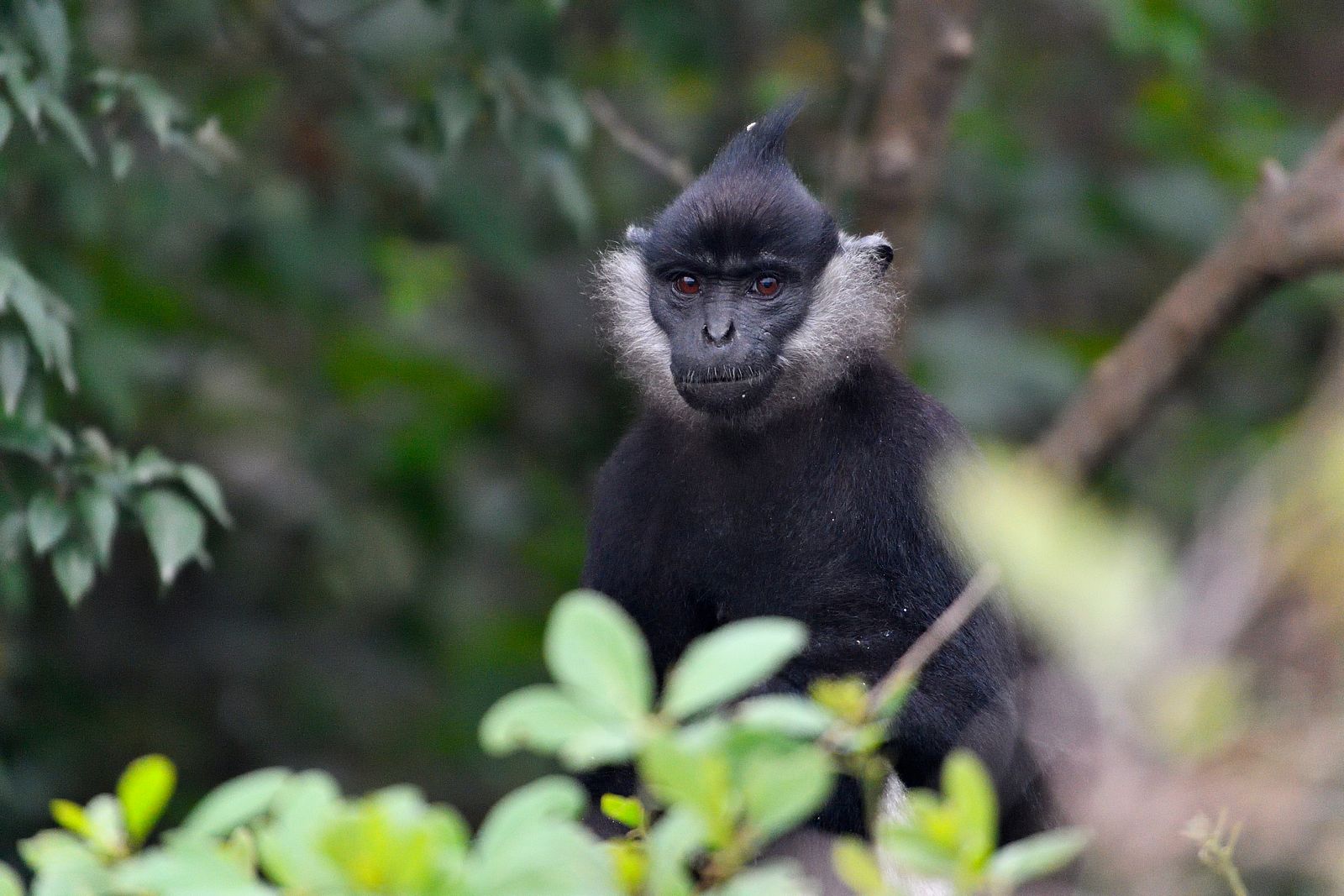Hòn Mun, a 5-square-kilometer square island about 10 kilometers off the coast of Nha Trang, will be closed to swimmers and divers indefinitely to protect the area's severely damaged coral.
Officials announced the ban on Monday noting it was to "evaluate the condition of the sensitive area so that an appropriate plan to enact the sea conservation area" could be made. Coral cover on the sea bed has fallen from 60% in 2020 to 50% recently. Visitors to the area in the past week have observed that 70–80% of the coral in the area is now dead.
The length of the ban has not been decided upon, while scientists say they need to investigate the cause of the coral death. Climate change, recent storms, pollution, illegal dredging and construction, irresponsible fishing, and the activity of divers and swimmers have all been suggested as causes, but there is no consensus on the primary culprit, nor the most effective means to restore the marine ecosystem.
Some recreational divers are critical of the announced ban, however. One diver told AFP that "swimming and diving activities were the least influence on the coral reefs, compared to other activities." They argue that if recreational visitors were truly the problem, the area would have improved during the recent pandemic. This did not happen. They suggest unmitigated and illegal fishing boats in the area are to blame, and the ban will do nothing to stop them.
Many point to Thailand's decision to close famed Maya Bay to all activities for nearly three years to protect the area as a model to follow. They sacrificed economic gains in the short term by strictly enforcing a ban on all recreational and commercial activity in the area in hopes it will result in an enduring ecosystem for generations to come.
Unfortunately, the attention and plans seem sorely overdue to many knowledgeable of the area. "From 1998-1999, I stood in front of hundreds of oceanographers to warn about the possible disappearance of coral ecosystems in Hòn Mun in particular and Nha Trang Bay in general because of the impact of people," Nguyễn Tấn Thành, Director of Turtle Drive Co., Ltd, told the news source.
Hòn Mun is part of the first and only protected marine area in Vietnam today that has been assessed by the World Wildlife Fund (WWF). It is included in the Nha Trang Bay Marine Reserve which covers 160 square kilometers of surface water and islands.
[Top image via Thanh Niên]















